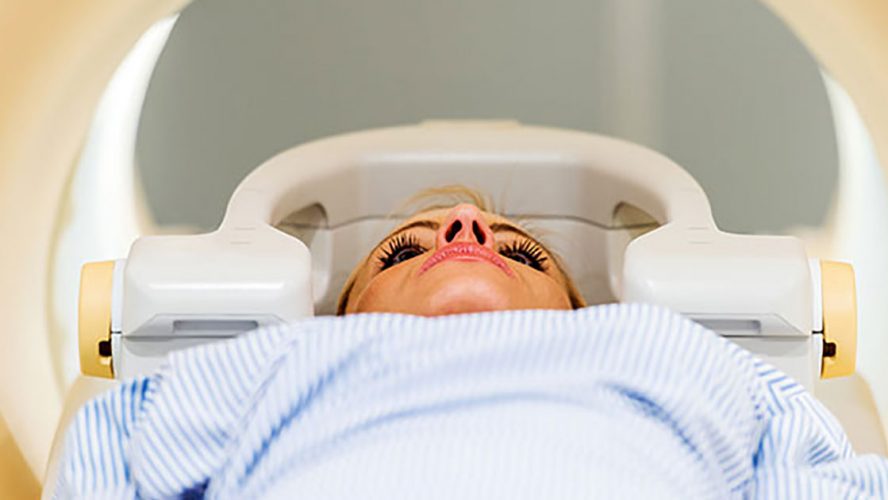As a radiation oncologist, one of the most exciting parts of my job is talking with patients and colleagues about the innovations in radiation therapy that improve outcomes for patients.
Radiation therapy is the use of high-energy radiation to kill cancer cells. New technologies and techniques allow radiation oncologists to target radiation very precisely, leading to better outcomes and greater patient comfort.
Treatment precision
New imaging methods allow radiation oncologists to see inside the body with remarkable clarity. By integrating these tools with finely tuned technology for radiation delivery, we can individualize therapy to match the exact shape, size and location of a patient’s cancer.
These advances have also enabled safer, shorter treatment courses that increase patient convenience. For prostate, breast and other common cancers, we often can shorten treatment by 2-3 weeks without compromising outcomes or quality of life.
Using the most sophisticated techniques, radiation oncologists can provide pinpoint accuracy to treat tumors that have spread to certain body parts, a condition called “oligometastatic” cancer. Emerging evidence reveals that for some patients, radiation therapy can lengthen the time that these cancers remain in remission.
New molecular medicines
Radiation therapy may be prescribed alone or in combination with other treatments. For example, many patients receive radiation combined with chemotherapy to shrink their cancer and then have surgery to remove it.
In recent years, immunotherapies and new drugs known as “molecular targeted therapies” have been found to improve outcomes for many cancer patients. Radiation therapy can interact favorably with both of these new types of drugs in ways that boost each treatment’s effectiveness. The coming years should reveal more of these novel, win-win combinations.
The human element
While technical advances are exciting, the most rewarding aspect of my job is spending time with patients and their families during both their treatment and follow-up care. As new technology provides time-saving efficiencies, radiation oncologists will have more time to deepen our patient-doctor relationships.
Brian D. Kavanagh, M.D., MPH, FASTRO, Chair, American Society for Radiation Oncology, [email protected]

